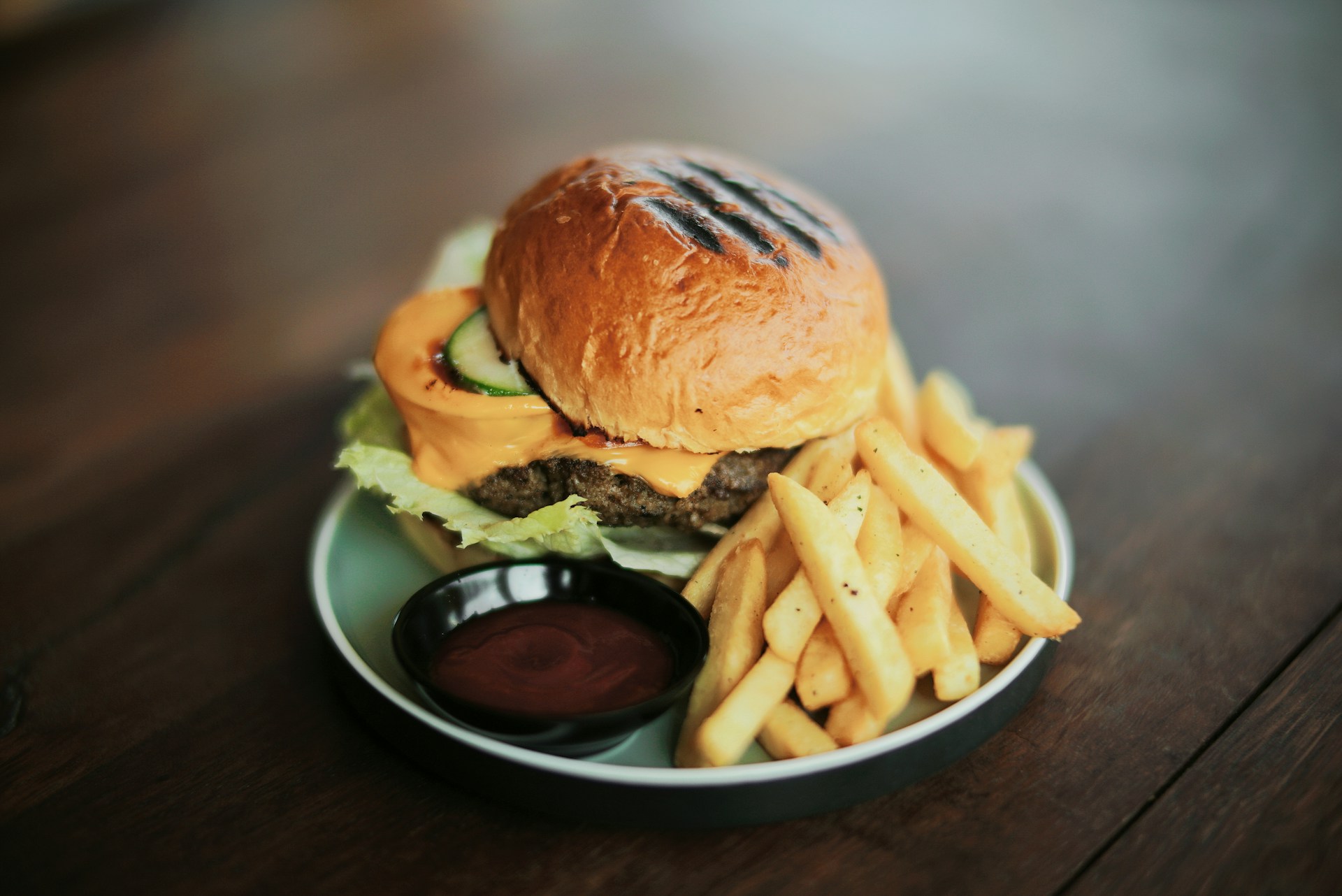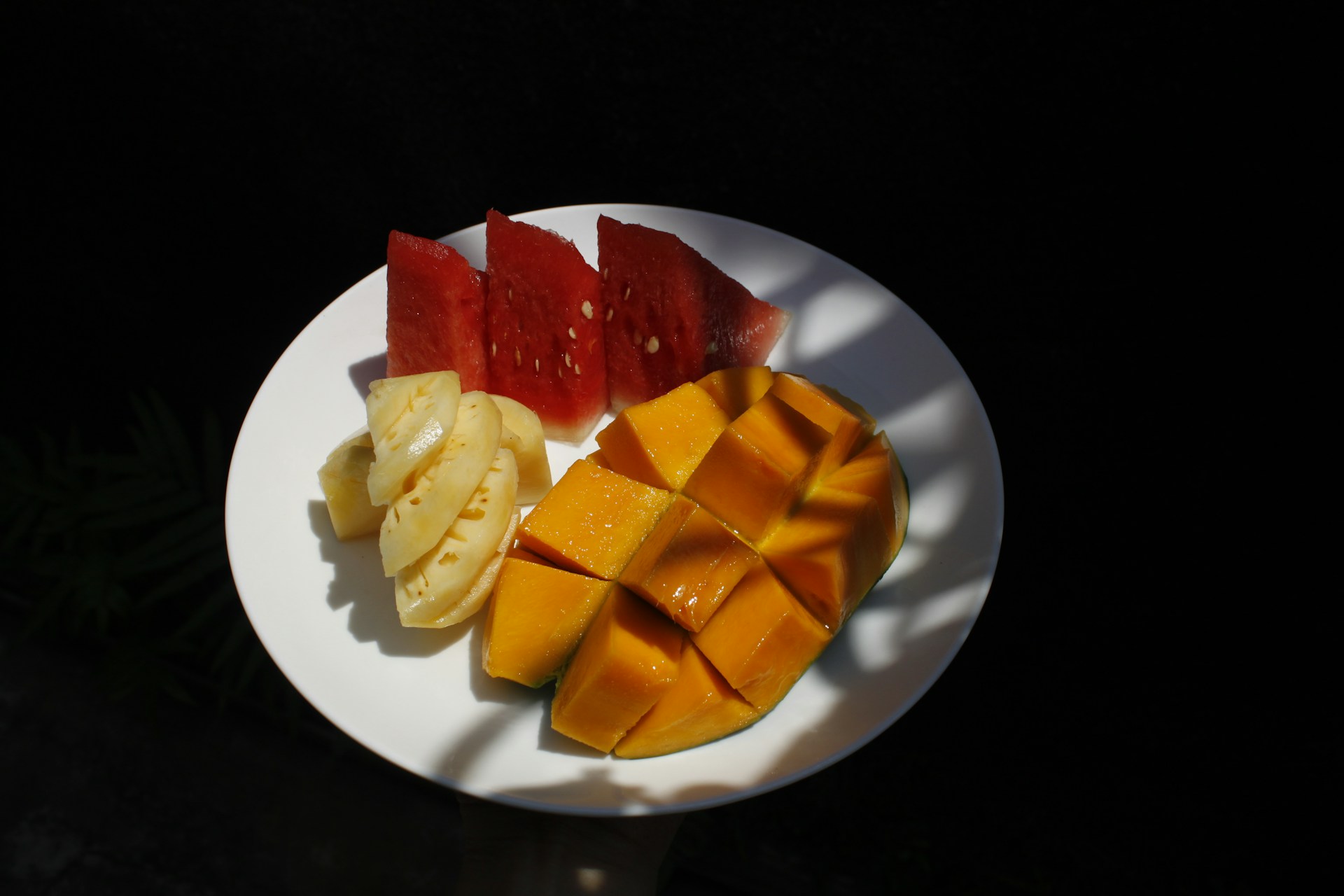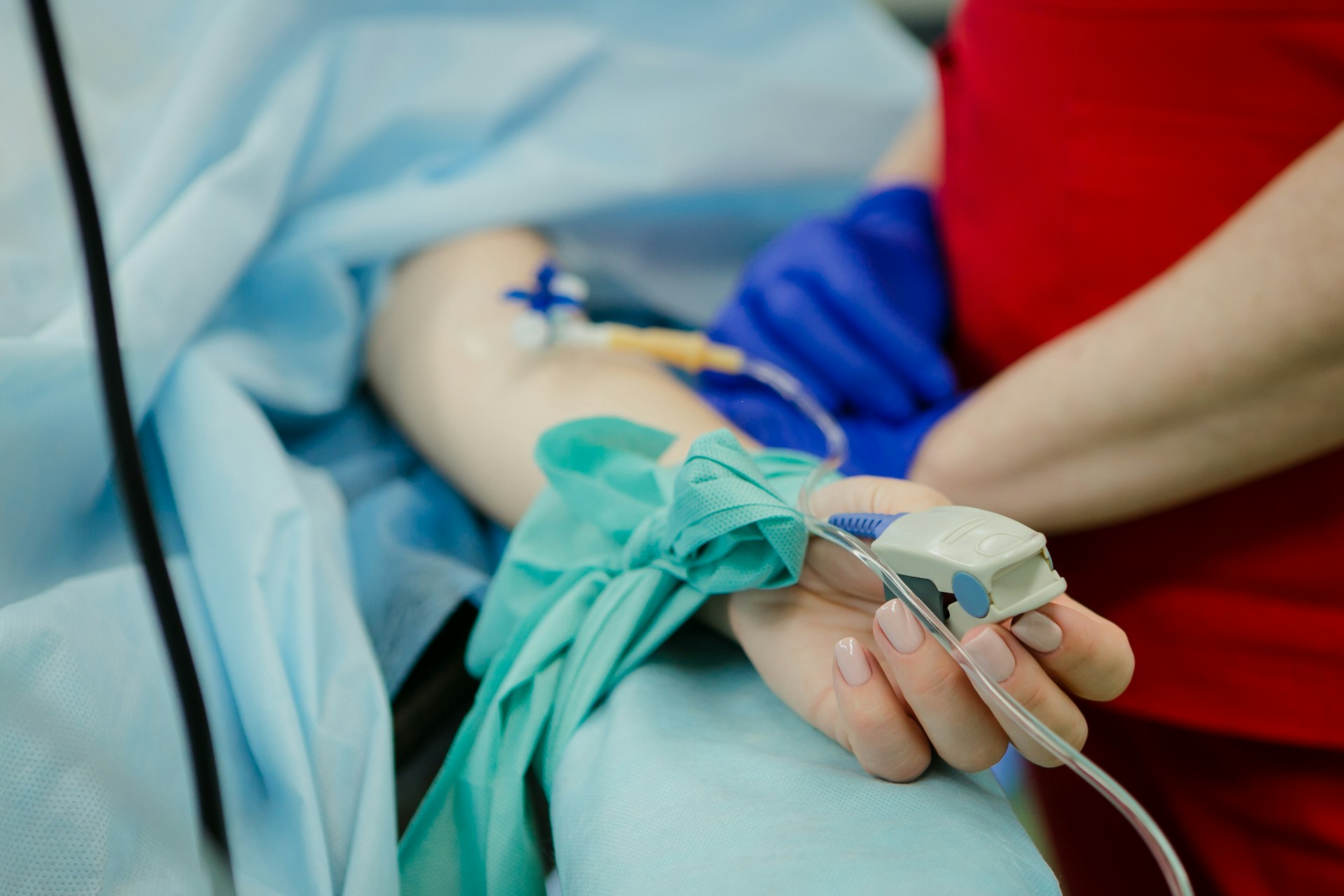Anti-doping Knowledge and Information Sources Among Indonesian Athletes: Strengthening Clean Sport
Pengetahuan dan Sumber Informasi Anti-Doping di Kalangan Atlet Indonesia: Penguatan Praktik Olahraga Bersih
Background: Doping threatens sport and athlete health. Limited knowledge and insufficient access to anti-doping education increase the risk of intentional or unintentional violations. In Indonesia, very few studies have focused on athletes’ understanding of anti-doping regulations and their educational experiences.
Objectives: This study aimed to identify the level of anti-doping knowledge and the sources of information that athletes received as a basis for strengthening clean sport practices.
Methods: This cross-sectional quantitative study enrolled 149 Indonesian athletes who answered an online standardized questionnaire previously tested for validity and reliability. The instrument encompassed knowledge and educational experiences related to anti-doping. To examine differences in knowledge scores across demographic characteristics, data were analyzed descriptively and by bivariate comparisons.
Results: Participants were predominantly 12–17 years old (58.4%), male (65.1%), and represented 18 sports disciplines. Only 36.9% had ever received anti-doping education, and most information was received from coaches. The mean knowledge score was 68.5 (SD=19.9), with 38% classified as having a good knowledge level. Age was the only demographic factor significantly associated with knowledge scores (p-value=0.039).
Conclusions: Indonesian athletes generally have moderate anti-doping knowledge, with notable disparities between age groups and weaknesses in specific areas of understanding. Most athletes reported receiving anti-doping information from coaches and the Indonesia Anti-Doping Organization. These findings highlight the need to develop more targeted and experience-based education strategies that actively involve key stakeholders to ensure consistent and standardized delivery of information.
Sepriani, R., Bafirman, B., Mudjiran, M., Gusril, G., Syafrudin, S. & Bachtiar, S. Athlete Doping Knowledge Analysis: A Case Study of the 20th National Sports Week (PON) Papua 2021 in Indonesia. International Journal of Human Movement and Sports Sciences 10, 723–731 (2022). https://doi.org/10.13189/saj.2022.100413.
WADA. World Anti-Doping Code 2021. (World Anti-Doping Agency, Quebec, 2021).
Lauritzen, F. Dietary Supplements as a Major Cause of Anti-doping Rule Violations. Front Sports Act Living 4, (2022). https://doi.org/10.3389/fspor.2022.868228.
Gemilang, P. S. & Astuti, P. Upaya Pencegahan dan Penggunaan Doping dalam Porprov Jatim 2023. Novum: Jurnal Hukum 272–283 (2024) https://doi.org/10.2674/novum.v0i0.58566.
Backhouse, S. H. Behaviourally Informed Approach to Reducing the Risk of Inadvertent Anti-Doping Rule Violations from Supplement Use. Sport Medicine 53, 67–84 (2023). https://doi.org/10.1007/s40279-023-01933-x.
Volodymyr, V. S. & Dmytro, O. A. Doping as a Global Problem of The 21st Century on Account of Its Illegal Influence on The Results of Official Sports Competitions. Wiadomości Lekarskie 74, 3092–3097 (2021). PMID: 35029585.
Daher, J., Mallick, M. & El-Khoury, D. Prevalence of Dietary Supplement Use among Athletes Worldwide: a scoping review. Nutrient 14, (2022). https://doi.org/10.3390/nu14194109.
Walpurgis, K., Thomas, A., Geyer, H., Mareck, U. & Thevis, M. Dietary supplement and food contaminations and their implications for doping controls. Foods 9, 1–21 (2020). https://doi.org/10.3390/foods9081012.
Hall, J. D., Laurie, B. P. & Susan, H. B. Banned for Doping: Using composite vignettes to portray rugby players’ experiences of anti-doping rule violations. Perform Enhanc Health 13, (2025). https://doi.org/10.1016/j.peh.2025.100334.
World Anti-Doping Agency. Play True Quiz Handouts. World Anti-Doping Agency (2024).
Sundayana, R. Statistika Penelitian Pendidikan. (Alfabeta, Bandung, 2014).
Penggalih, M. H. S. T., Trisnantoro, L., Sofro, Z. M., Kusuma, M. T. P. L., Nirmala Dewinta, M. C., Niamilah, I. & Susila, E. N. Analisis kebijakan penempatan ahli gizi sebagai tenaga keolahragaan Indonesia. Jurnal Keolahragaan 9, 178–192 (2021). https://doi.org/10.21831/jk.v9i2.38193.
Harahap, I. Kebijakan pemerintah dalam meningkatkan prestasi atlit nasional. Journal of Entrepreneurship, Management and Industry 1, 189–198 (2019).
Antipova, E. & Badrak, K. Evaluation of the Educational Programs Effectiveness for the Prevention of Health Risk Factors and Anti-Doping Rule Violations Among the Younger Generation. Advances in Economics, Business and Management Research 114, 843–846 (2020). https://doi.org/10.2991/aebmr.k.200114.205.
Kim, T. & Kim, Y. H. Korean national athletes’ knowledge, practices, and attitudes of doping: A cross-sectional study. Subst Abuse Treat Prev Policy 12, (2017). https://doi.org/10.1186/s13011-017-0092-7.
Perera, D. S. L., Weerasinghe, S. & Gunasekara, K. C. Attitudes and Practices of Athletes in Sri Lanka. Journal of Sports and Physical Education 10, 7–13 (2023). https://doi.org/10.9790/6737-10040713.
Muammar, E. Pembinaan atlet-atlet muda: peningkatan pengelolaan pembinaan sentra dan SKO melalui pelaksanaan program PPLP dana dekonsentrasi. Jurnal Olahraga Pendidikan Indonesia 4, 78–89 (2024). http://jopi.kemenpora.go.id/index.php/jopi.
Indonesia Anti-Doping Organization. Report to WADA on the Implementation of Recruitment of the Supporting Personnel to Back Up the Dissemination of Anti-Doping in Indonesia. (2024).
Nolte, K., Steyn, B. J. M., Krüger, P. E. & Fletcher, L. Doping in sport: Attitudes, beliefs and knowledge of competitive high school athletes in Gauteng Province. South African Journal of Sports Medicine 26, 81 (2014). https://doi.org/10.7196/sajsm.542.
Petróczi, A. & Aidman, E. Measuring explicit attitude toward doping: Review of the psychometric properties of the Performance Enhancement Attitude Scale. Psychol Sport Exerc 10, 390–396 (2009). https://doi.org/10.1016/j.psychsport.2008.11.001.
Muwonge, H., Zavuga, R. & Kabenge, P. A. Doping knowledge, attitudes, and practices of Ugandan athletes’: A cross-sectional study. Subst Abuse Treat Prev Policy 10, (2015). https://doi.org/10.1186/s13011-015-0033-2.
Nieper, A. Nutritional supplement practices in UK junior national track and field athletes. Br J Sports Med 39, 645–649 (2005). https://doi.org/10.1136/bjsm.2004.015842.
Kondric, M., Sekulic, D., Uljevic, O. & Gabrilo, G. Sport Nutrition and Doping in Tennis: An Analysis of Athletes’ Attitudes and Knowledge. Article in Journal of Sports Science and Medicine http://www.jssm.org (2013). PMID: 24149808.
Chebet, S. Evaluation Of Knowledge, Attitudes, And Practices Of Doping Among Elite Middle And Long Distance Runners In Kenya. (2014).
Erdman, K. A., Fung, T. S., Doyle-Baker, P. K., Verhoef, M. J. & Reimer, R. A. Dietary Supplementation of High-performance Canadian Athletes by Age and Gender. Clinical Journal of Sport Medicine 17, 458–464 (2007). https://doi.org/10.1097/JSM.0b013e31815aed33.
Waddington, I., Malcolm, D., Roderick, M. & Naik, R. Drug use in English professional football. Br J Sports Med 39, e18–e18 (2005). https://doi.org/10.1136/bjsm.2004.012468.
Fürhapter, C., Blank, C., Leichtfried, V., Mair-Raggautz, M., Müller, D. & Schobersberger, W. Evaluation of West-Austrian junior athletes’ knowledge regarding doping in sports. Wien Klin Wochenschr 125, 41–49 (2013). https://doi.org/10.1007/s00508-012-0318-7.
Blank, C., Leichtfried, V., Schaiter, R., Fürhapter, C., Müller, D. & Schobersberger, W. Doping in sports: Knowledge and attitudes among parents of Austrian junior athletes. Scand J Med Sci Sports 25, 116–124 (2015). https://doi.org/10.1111/sms.12168.
Butryn, T. M., Johnson, J. A. & Masucci, M. A. A Qualitative Examination of Knowledge of Doping and Anti-¬-Doping Education among Elite US and Canadian Female Triathletes Report Prepared for the World Anti-¬-Doping Agency June, 2012. (2012).
Kaoche, J. M. C., Rintaugu, E. G., Kamenju, J. & Mwangi, F. M. Knowledge on doping among football athletes, coaches and sponsors in Malawi. J Physic Educ Sport Manag 11, 5–13 (2020). https://doi.org/10.5897/JPESM2020.0346.
Ntoumanis, N., Ng, J. Y. Y., Barkoukis, V. & Backhouse, S. Personal and Psychosocial Predictors of Doping Use in Physical Activity Settings: A Meta-Analysis. Sports Medicine 44, 1603–1624 (2014). https://doi.org/10.1007/s40279-014-0240-4.
Listiani, D., Umar, F. & Riyadi, S. Athletes’ (Anti) Doping Knowledge: A Systematic Review. Retos 56, 810–816 (2024). https://doi.org/10.47197/retos.v56.105029.
Gatterer, K., Niedermeier, M., Streicher, B., Kopp, M., Schobersberger, W. & Blank, C. An alternative approach to understanding doping behavior: A pilot study applying the Q-method to doping research. Perform Enhanc Health 6, 139–147 (2019). https://doi.org/10.1016/j.peh.2018.12.001.
WADA. International Standard for Education. (World Anti-Doping Agency, Montreal, 2021).
Hurst, P., Ring, C. & Kavussanu, M. An evaluation of UK athletics’ clean sport programme in preventing doping in junior elite athletes. Perform Enhanc Health 7, (2020). https://doi.org/10.1016/j.peh.2019.100155.
Aguilar-Navarro, M., Salas-Montoro, J. A., Pino-Ortega, J., Salinero, J. J., González-Mohíno, F., Alcaraz-Rodríguez, V., Moreno-Pérez, D., Lanza, N., Lara, B., Moreno-Pérez, V., Romero-Moraleda, B., Pérez-López, A., García-Martí, C. & Del Coso, J. Anti-Doping Knowledge of Students Undertaking Bachelor’s Degrees in Sports Sciences in Spain. Nutrients 14, (2022). https://doi.org/10.3390/nu14214523.
Grist, P. The Relationship between The World Anti-Doping Agency’s Spirit of Sport Values and Anti-Doping Beliefs among Elite U.S. Athletes: Direct-based Measure using The Theory of Planned Behavior. (The University of North Carolina, Greensboro, 2023).
Sipavičiūtė, B., Šukys, S. & Dumčienė, A. Doping prevention in sport: overview of anti-doping education programmes. Balt J Sport Health Sci 2, (2020). https://doi.org/10.33607/bjshs.v2i117.916.
Barkoukis, V., Mallia, L., Lazuras, L., Ourda, D., Agnello, S., Andjelkovic, M., Bochaver, K., Folkers, D., Bondarev, D., Dikic, N., Dreiskämper, D., Petróczi, A., Strauss, B. & Zelli, A. The role of comprehensive education in anti-doping policy legitimacy and support among clean athletes. Psychol Sport Exerc 60, (2022). https://doi.org/10.1016/j.psychsport.2022.102173.
Copyright (c) 2025 Amerta Nutrition

This work is licensed under a Creative Commons Attribution-ShareAlike 4.0 International License.
AMERTA NUTR by Unair is licensed under a Creative Commons Attribution-ShareAlike 4.0 International License.
1. The journal allows the author to hold the copyright of the article without restrictions.
2. The journal allows the author(s) to retain publishing rights without restrictions
3. The legal formal aspect of journal publication accessibility refers to Creative Commons Attribution Share-Alike (CC BY-SA).
4. The Creative Commons Attribution Share-Alike (CC BY-SA) license allows re-distribution and re-use of a licensed work on the conditions that the creator is appropriately credited and that any derivative work is made available under "the same, similar or a compatible license”. Other than the conditions mentioned above, the editorial board is not responsible for copyright violation.












































